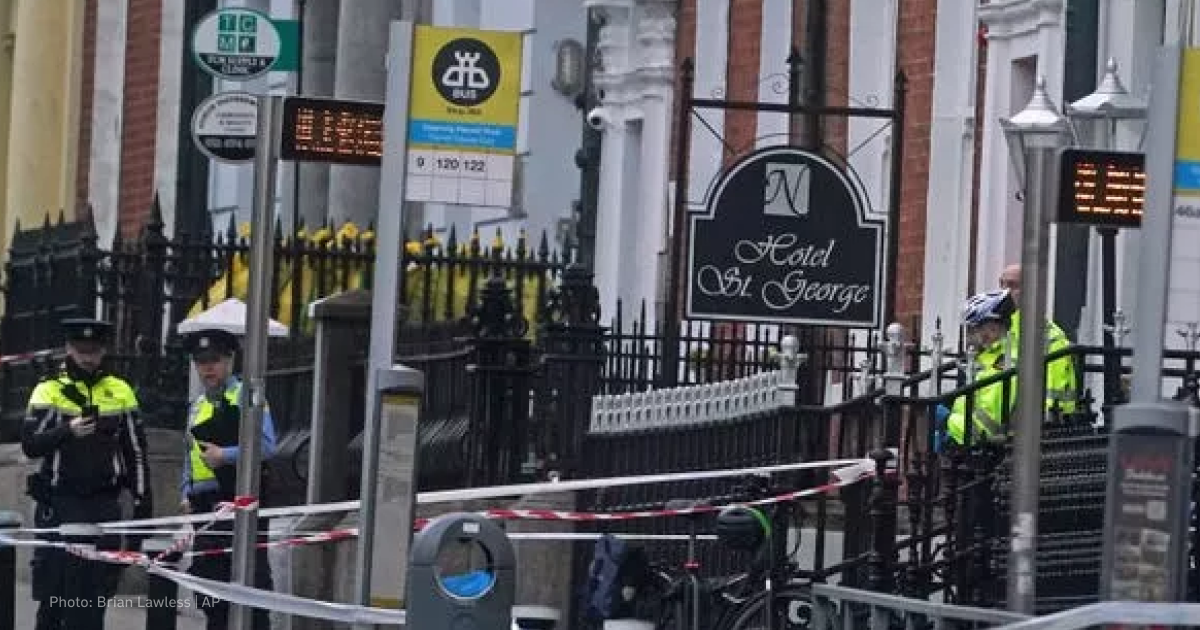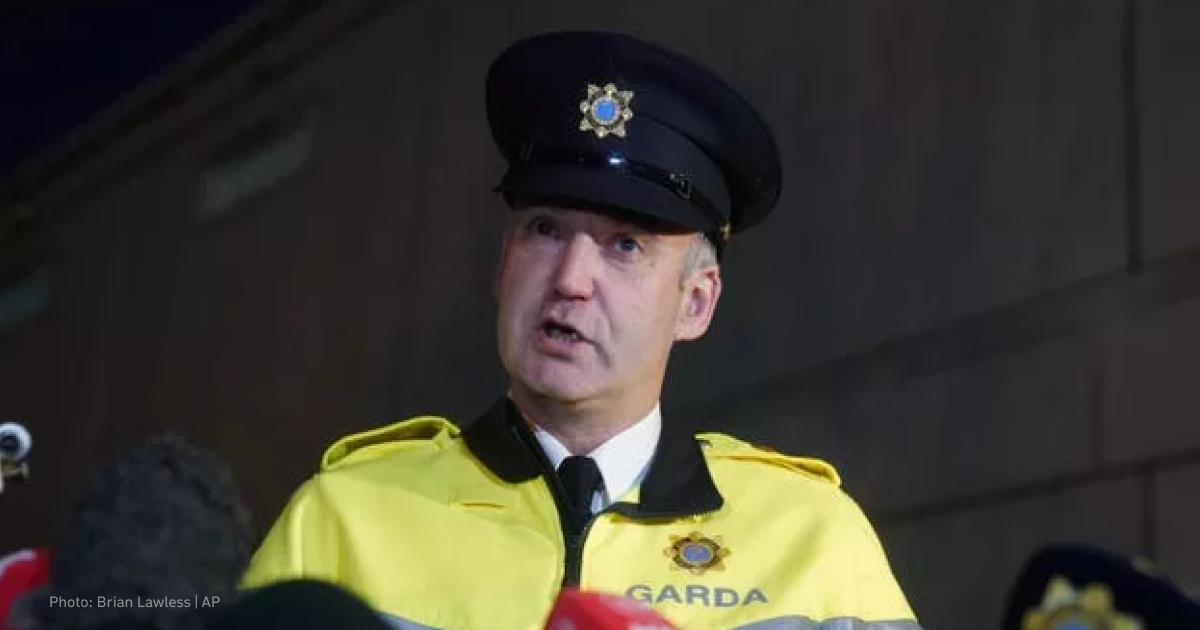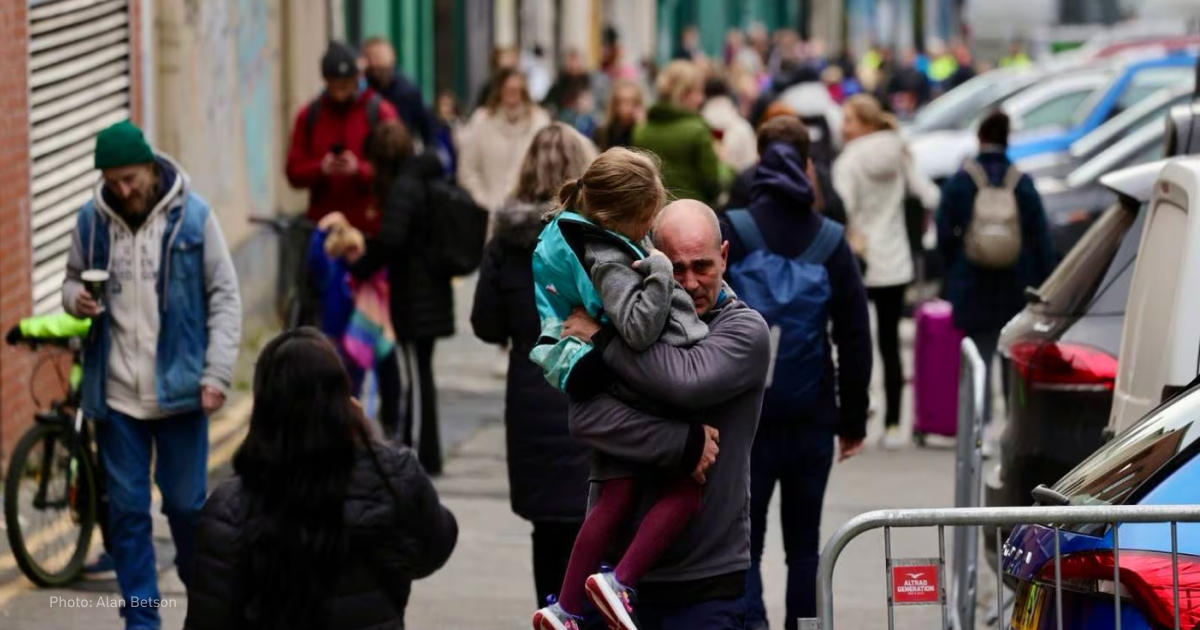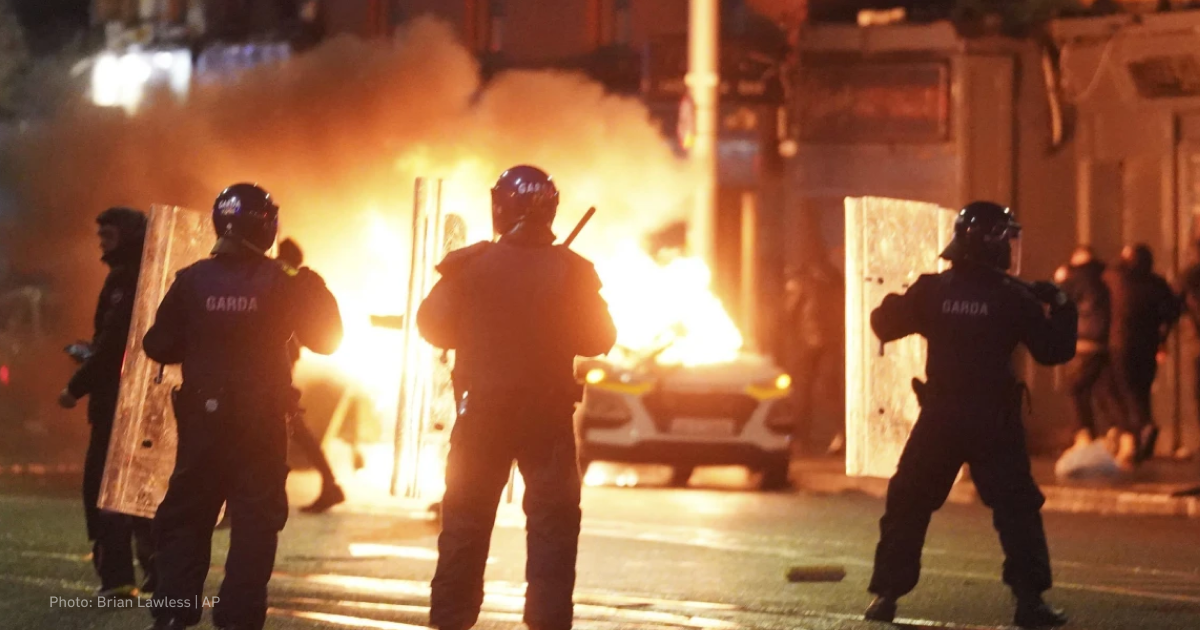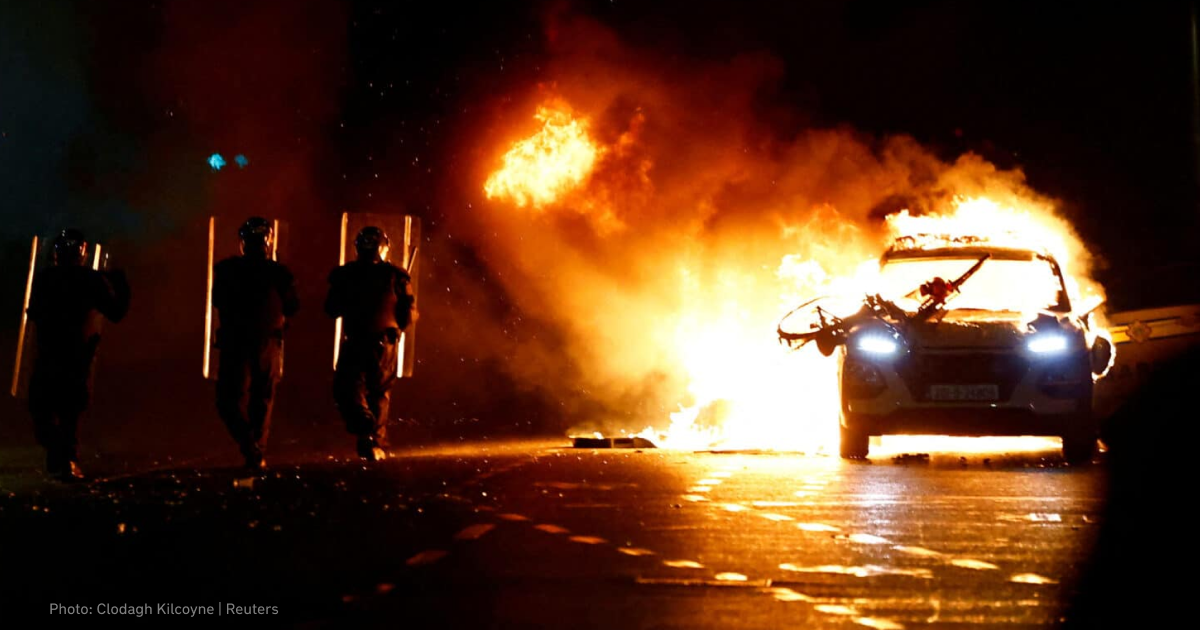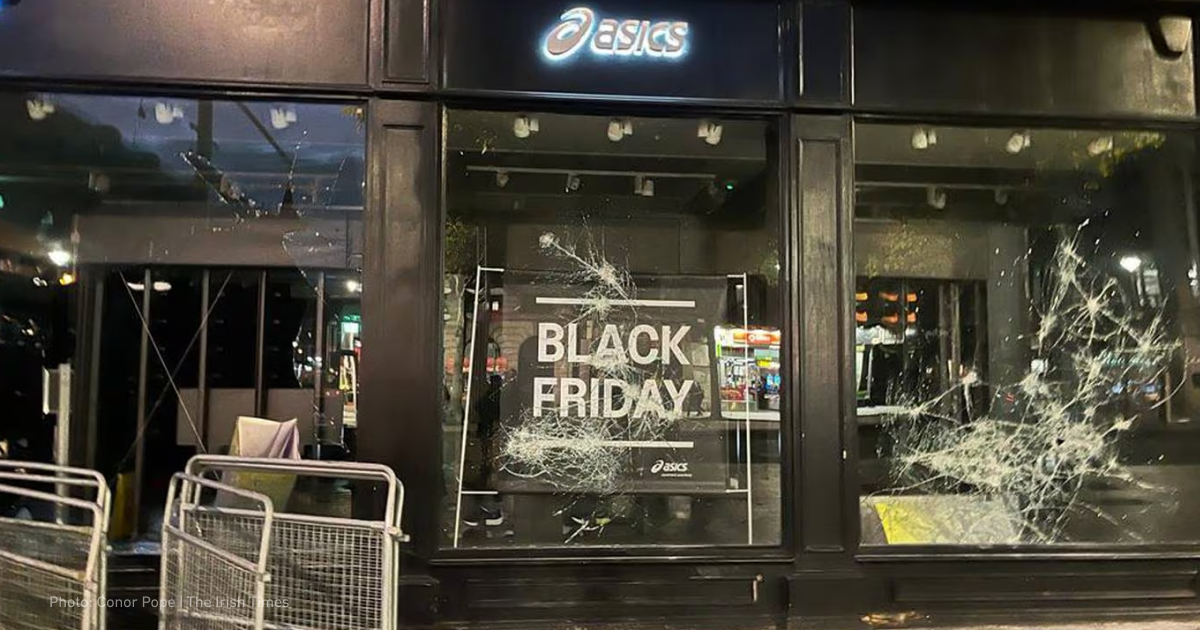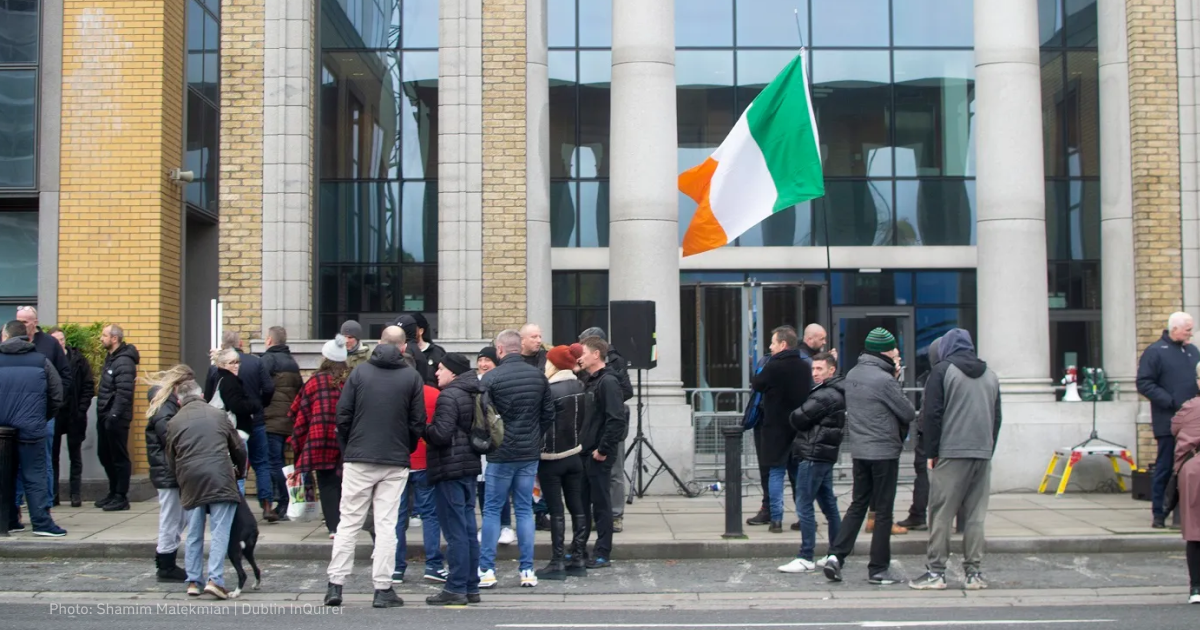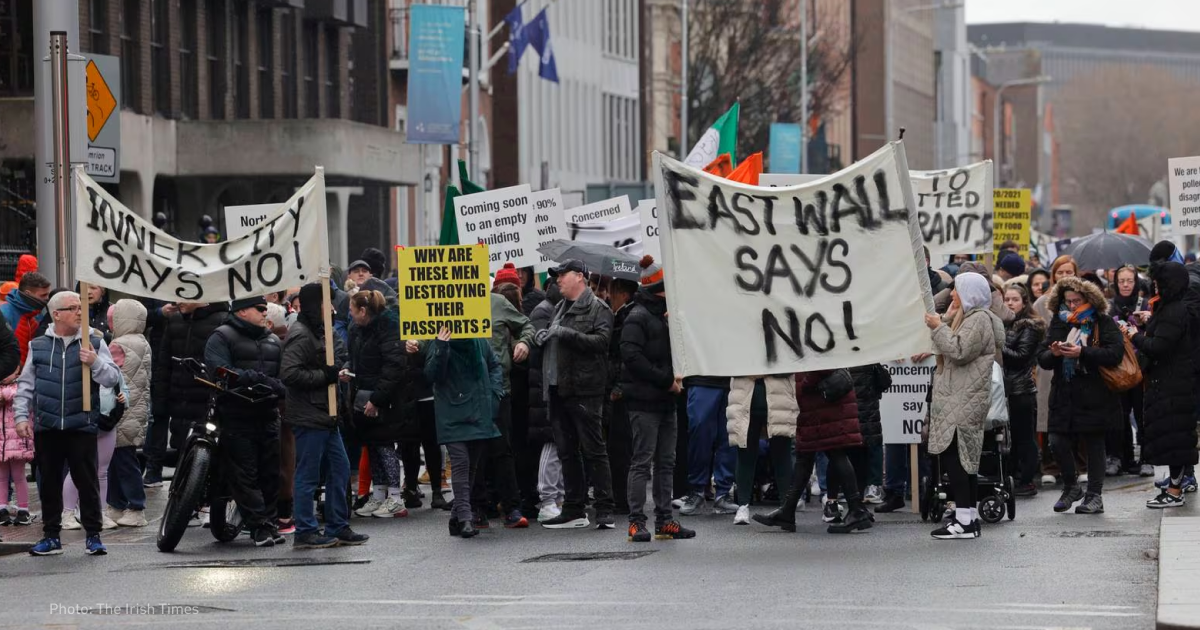In Ireland, a man attacked people with a knife near a school. Anti-migrant protests erupted in the capital. What is happening?
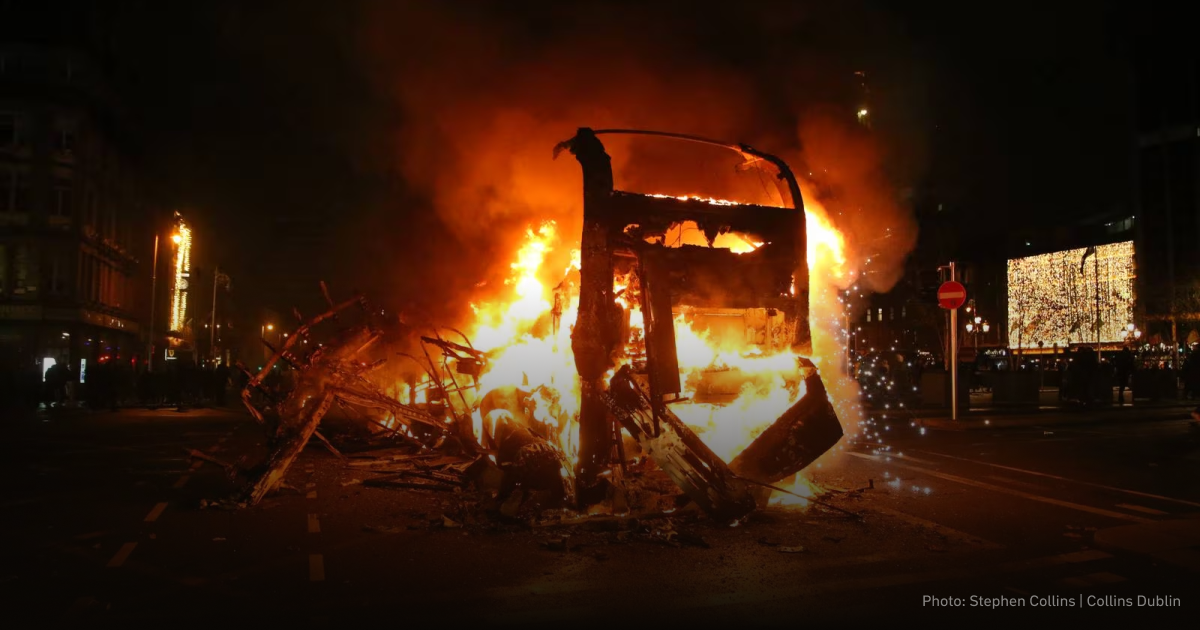
Protests have broken out in Ireland after a man attacked passers-by with a knife in the capital, Dublin.
The Garda Síochána (National Police of Ireland — ed.) reported this.
An unidentified man attacked people with a knife near a school in Dublin. Five people were injured, three of them children.
Police have now detained a man in his 50s, suspected to be the attacker.
"An Garda Síochána continues to have an open mind at this early stage of the investigation," the police said in a statement.
Superintendent Liam Geraghty said during a press conference that although the investigation is still at an early stage, police are confident that there is no terror-related activity.
Protests that turned into an anti-immigrant rally
It was later reported that people were beginning to gather in Dublin city centre to protest.
"We have been made aware that a public gathering is to take place in the south centre of Dublin this evening," police said.
The crowd gathered for the demonstration shouted anti-migrant slogans. Participants held placards reading "Irish lives matter" and chanted slogans: "Get them [migrants] out".
A police cordon was set up around the Irish parliament building, Leinster House, and officers from the Garda Mounted Support Unit arrived on nearby Grafton Street.
"We have a complete lunatic hooligan faction driven by far-right ideology, and also then this disruptive tendency engaged in serious violence," said garda commissioner Drew Harris.
Eleven police vehicles were damaged during the demonstrations and three buses and a tram were set on fire. Unknown assailants also looted 13 shops.
More than 400 police officers were deployed to maintain order. Thirty-four people were arrested during the riots.
"These [riots] are scenes that we have not seen in decades, but what is clear is that people have been radicalised through social media and the internet," commented Harris.
Reaction inside the country
Hundreds of videos from the scene were posted on social media platforms such as X and TikTok. Users were "shocked" by the radicalisation of Ireland.
"This is the multicultural Ireland you've been told about," users ironically captioned the videos.
The Taoiseach (Irish Prime Minister — ed.) Leo Varadkar also responded to the protests.
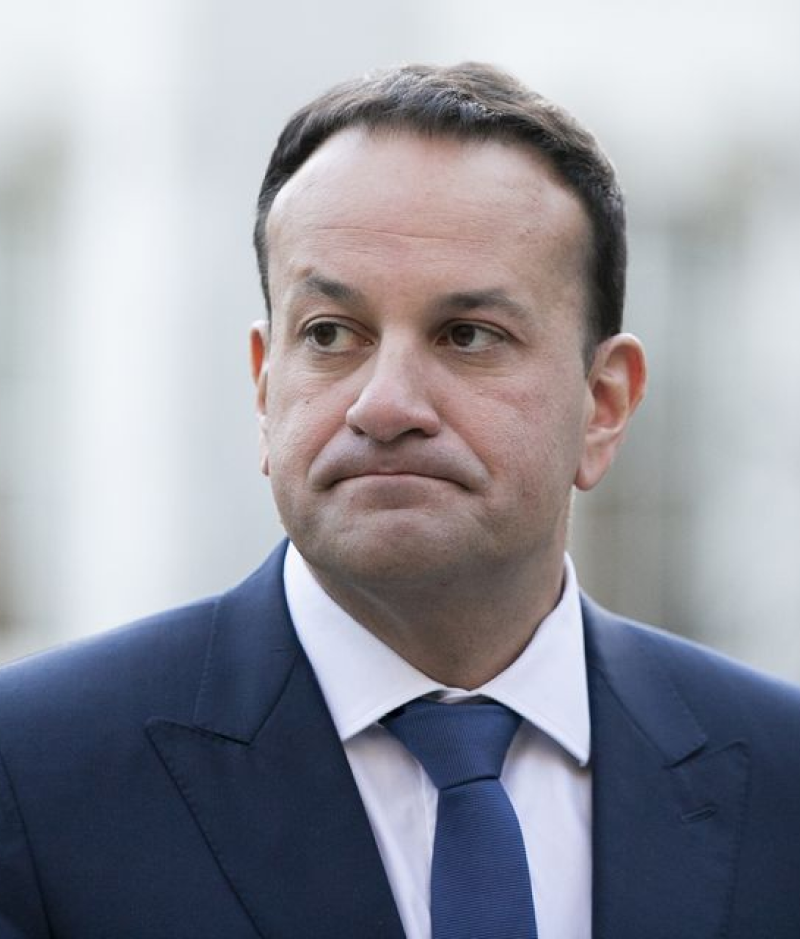
Those involved brought shame on Dublin, brought shame on Ireland and brought shame on their families and themselves,
the prime minister said at a press conference.
He added that the government would take immediate steps to strengthen anti-hate legislation.
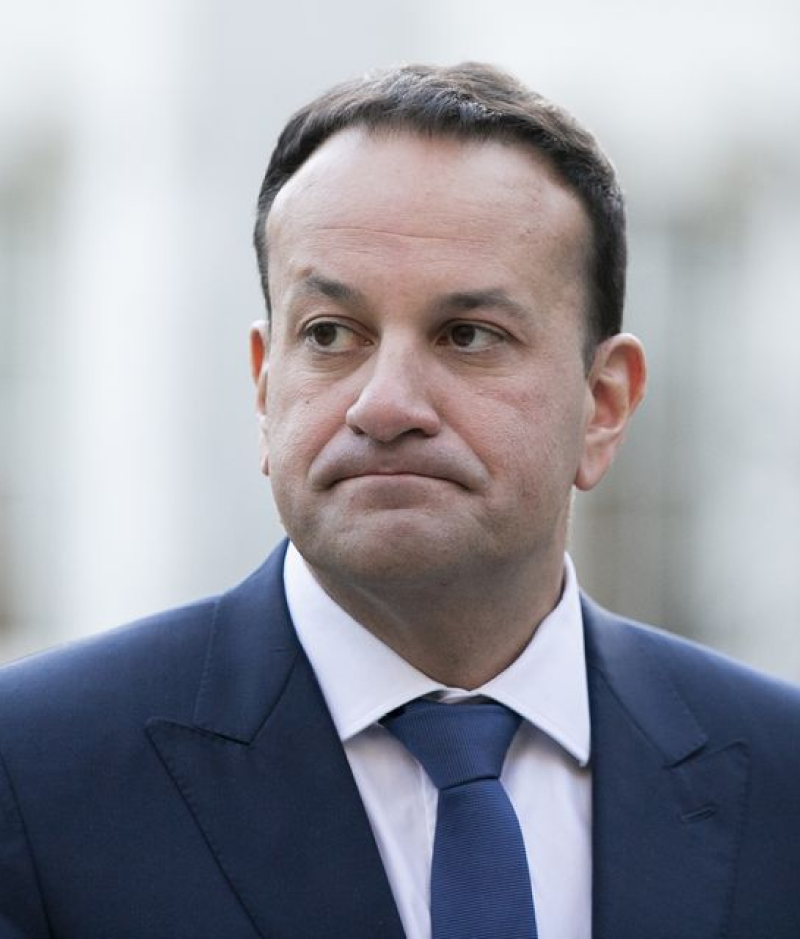
As a country we need to reclaim Ireland. We need to take it away from the cowerers who hide behind masks and try to terrify us with their violence,
said the prime minister.
The Minister for Justice of Ireland, Helen McEntee, called the events "unacceptable".
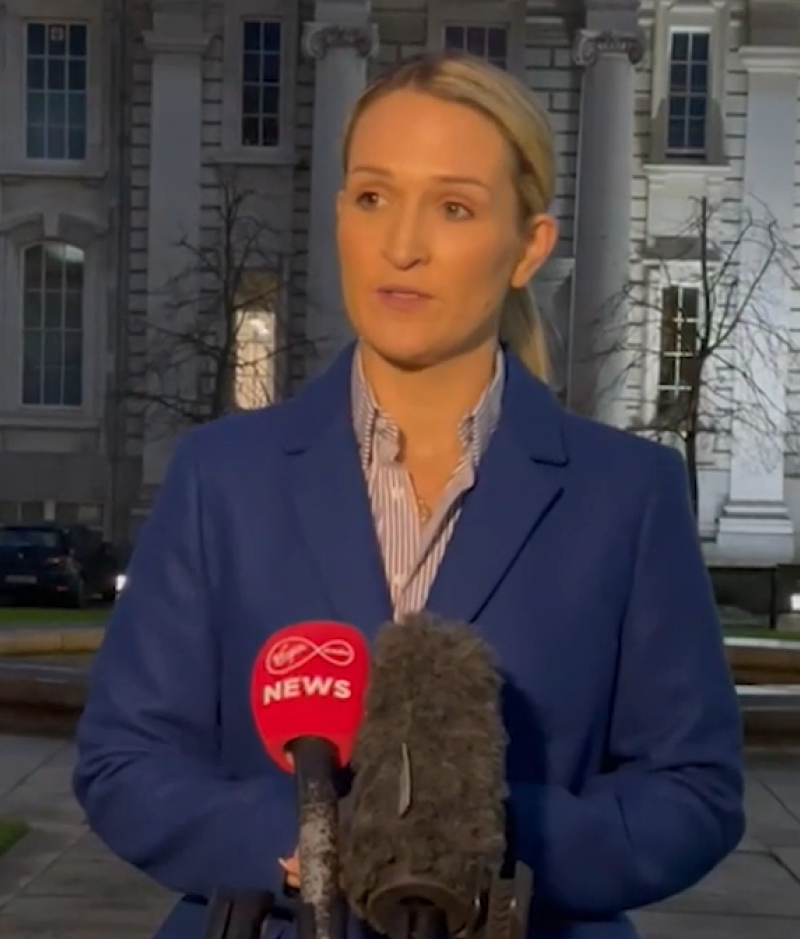
Thuggish and manipulative element must not be allowed to use an appalling tragedy to wreak havoc
said Helen McEntee.
The Tánaiste (Vice Prime Minister of Ireland — ed.) Micheál Martin criticised online commentators for "effectively inciting hatred" in the aftermath of the Parnell Square knife attack.
He described the comments made by some people online as "disgraceful". He referred in particular to mixed martial arts champion Conor McGregor.

Ireland, we are at war. You reap what you sow,
wrote McGregor, who has criticised the authorities for their response to events in Ireland.
Protests in Ireland
The topic of refugee protests in Ireland is not new. In November 2022, protests took place in several places in Ireland. This happened after the Department of Children, Equality, Disability, Integration and Youth set up refugee shelters in an attempt to accommodate 65,000 people within a year.
The protesters also spoke out against discrimination against refugees in terms of who is allowed into the country, as well as the lack of information to local residents about the new shelters.
Demonstrators were also concerned about a possible increase in crime due to the influx of refugees.
However, Assistant Commissioner of Police Angela Willis said that the attendance and frequency of the protests "reached its peak" in March 2023.
The protesters' demands include
- More information about accommodation for local residents;
- Equality in refugee accommodation;
- Relocation of refugees within the country to combat overpopulation or deportation from the country.
The migrant crisis was also affected by Russia's full-scale war against Ukraine in 2022. By mid-November 2022, more than 58,000 Ukrainians had arrived in Ireland.
Among the protesters were the ultra-populist parties: the Irish Freedom Party, the Ireland First and the National Party, as well as the Eastern Wall Protest Committee and Mullingar Says No!

